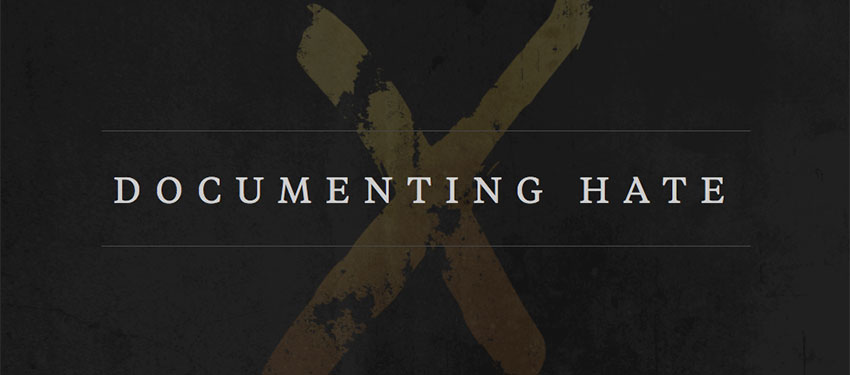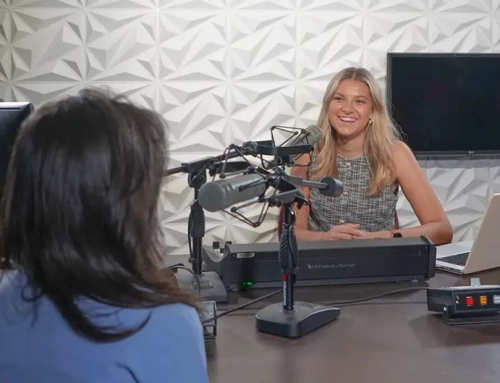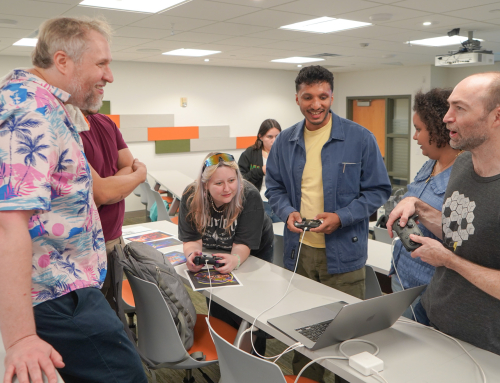Professors and students from University of Miami School of Communication are joining forces with digital media organizations, universities, and civil rights groups from all over the country to begin documenting the increase of hate speech, specifically on social media, following the 2016 presidential election.
“Right after the election, there were many, many instances of hate speech on Twitter, against different minorities, women, religious groups, and even against Trump supporters. It got me worried, and it got a lot of other people worried,” said Alberto Cairo, professor of professional practice and Knight Chair in Visual Journalism.
The project, titled Documenting Hate, will give any participating organization the opportunity to report hate or bias speech occurring either on social media or through physical acts, such as defacing property with racial slurs or symbols. The project is not affiliated with law enforcement and will not share personal information with anyone.
Several School of Communication professors worked together to gather information and build the framework for the project. Tsitsi Wakhisi, associate professor of professional practice, worked on Documenting Hate and is excited for the opportunity ProPublica is bringing to the UM community.
“I am thrilled that students and faculty at the University of Miami are collaborating with ProPublica on this critical watchdog project to expose the victimization of free speech through hate speech. Keeping track of these despicable acts provides a quantifiable and qualitative framework from which the nation’s media can present compelling and reliable data to the public,” said Wakhisi.
Also working with Wakhisi and Cairo on this project is Sallie Hughes, associate professor. According to Hughes, Documenting Hate will help the Department of Journalism and Media Management stand out against other national programs.
“This project distinguishes the Department of Journalism and Media Management’s leadership and capacity to synthesize excellence in practice, rigorous research, and collaboration with outstanding news organizations. Through it, students get to experience first-hand the power of journalism in the public interest. More than ever, factually based journalism is vital to our democracy and the formation of communities of tolerance, mutual respect, and social justice,” said Hughes.
Cairo was one of the originators of Documenting Hate. The idea for the project came to him through several conversations between many journalists and scholars about the increasing amount of division seen on social media after the presidential election. Those conversations led to the development of the project.
“All these people decided to collaborate and document the increase in hate speech and divisiveness in the county, which is reflected in this verbal aggression,” said Cairo.
The project is headed by ProPublica, an independent, nonprofit newsroom that produces investigative journalism in the public interest.
University of Miami School of Communication students will work alongside ProPublica, Univisión, The New York Times, and other participating organizations to monitor social media for hate speech, and verify reported cases around Miami and other parts of the country.
Students will also be invited to report any instances of hate speech they have seen or experienced since the election, and possibly collaborate with participating organizations to create their own projects.
Graduate students Rori Kotch, Lennse Garcia, Joy Leopold, and Chelsea Haines are a few of the students who have worked on implementing the project. Haines become involved with Documenting Hate through Professor Cairo’s Infographics and Data Visualization class during her first semester as a graduate student. Haines decided to get involved with the project because she “really wants to contribute to [her] community and society as a whole.”
“Vocalizing that you are against hate and discrimination can be taken up a notch and turned into action; why be a bystander when you can be an “upstander?” Additionally, Professor Cairo’s teachings combined with our nation’s current climate showed me that truthful, data-driven journalism is more important now than ever,” said Haines
To learn more about Documenting Hate, visit https://projects.propublica.org/graphics/hatecrimes.







